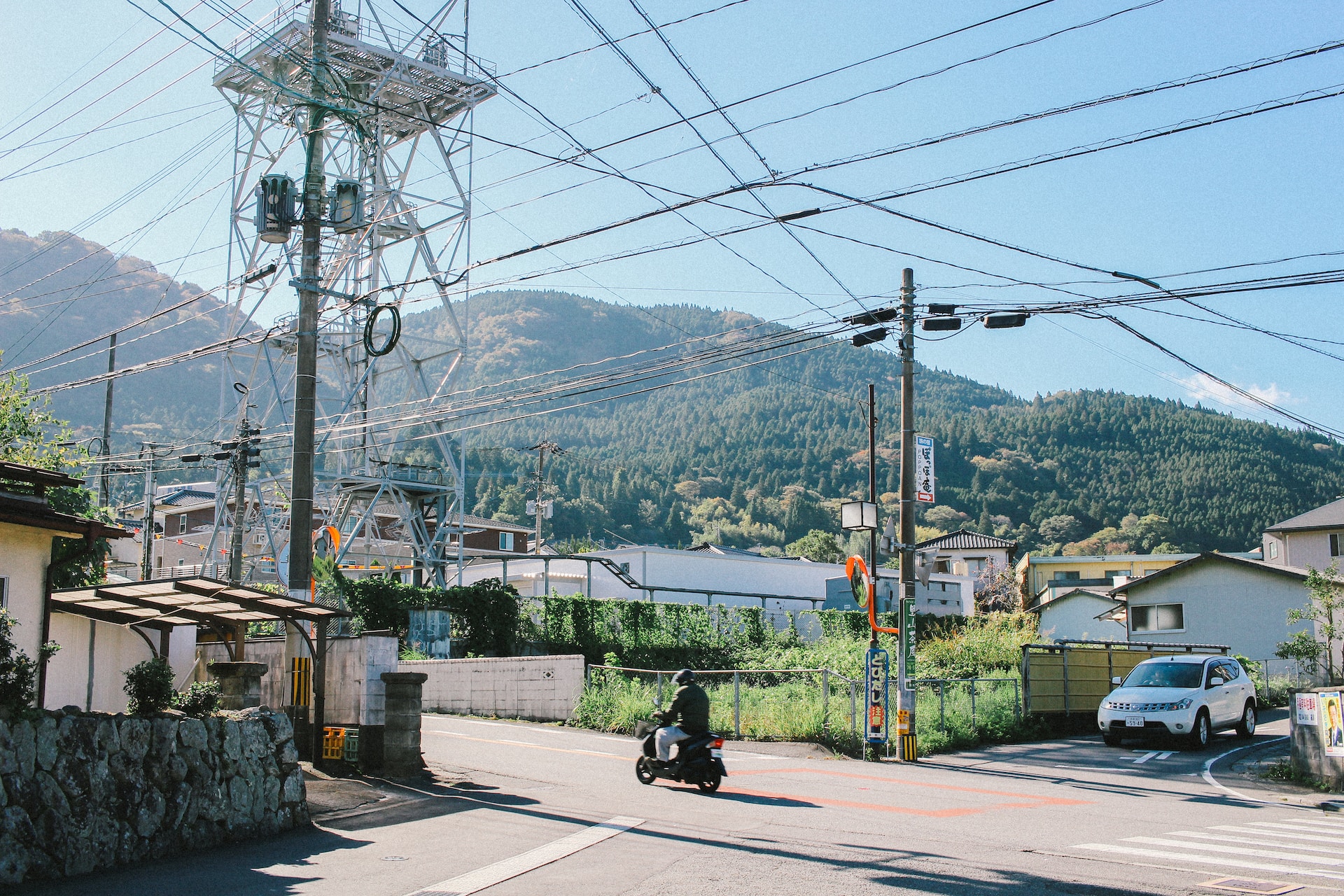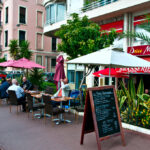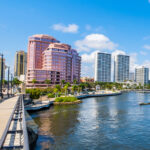With a population of approximately 1.5 million, Fukuoka is the largest city in Kyushu, the third largest island of Japan, and the nation’s eighth most populated city. Strategically positioned closer to Seoul than Tokyo, Fukuoka offers a captivating blend of modernity and tradition, Eastern influences and Western aesthetics, all against the backdrop of an engaging subtropical climate and enchanting natural scenery.
The rich history of Fukuoka can be traced back to the ancient Yamato government around the 7th century when it served as a gateway for continental cultural influences. Fukuoka’s Hakata Bay was the entry point of Mongol invasions in the 13th century, an event that gave birth to the term “Kamikaze” or “divine winds”, referencing the typhoon that reportedly saved Japan from Mongolian forces. Today, Fukuoka is a bustling metropolis, recognized as a leader in entrepreneurship and innovation, with a distinctive culture and a well-deserved reputation as a food lover’s paradise.
Fukuoka’s urban design seamlessly combines elements of modern infrastructure with beautiful parks and green spaces. Fukuoka Tower, the tallest seaside tower in Japan, is a testament to the city’s architectural prowess, offering panoramic views of the city and Hakata Bay. Conversely, Ohori Park, once the moat of Fukuoka Castle, now serves as an oasis for residents and visitors alike, offering peaceful boat rides along its large pond.
The city also boasts impressive shopping facilities. Canal City Hakata, designed by the renowned architect Jon Jerde, is a city within a city, housing a plethora of retail stores, eateries, a cinema, and a theater. Additionally, the shopping districts of Tenjin and Hakata offer both upscale shopping malls and small boutiques, satisfying the most discerning shoppers.
Fukuoka is renowned for its gastronomy, most notably its Hakata ramen, a style of ramen that features thin noodles, rich pork bone broth, and succulent slices of chashu pork. Yatai, mobile food stalls, are an intrinsic part of Fukuoka’s food culture. They can be found lining the Nakasu River, serving an array of dishes including ramen, yakitori, and oden, providing an authentic taste of Fukuoka’s street food.
The city also boasts a vibrant nightlife. Nakasu, the city’s nightlife hub, offers a variety of bars, restaurants, and entertainment venues. The city’s izakayas are a favorite among locals and tourists, providing a relaxed environment to enjoy traditional Japanese food and drinks.
Fukuoka’s cultural scene is as dynamic as its culinary one. The city is home to several art galleries, museums, and traditional theaters. The Fukuoka Asian Art Museum is particularly notable, being the only museum in the world that systematically collects and exhibits Asian modern and contemporary art. Moreover, Hakataza Theater showcases traditional Kabuki performances, drawing culture enthusiasts from across the globe.
Fukuoka’s festivals are a sight to behold. The most notable among these is the Hakata Gion Yamakasa, a centuries-old festival recognized by UNESCO as an intangible cultural heritage. The festival involves teams of men racing through the streets carrying massive floats, with the event attracting millions of spectators each year.
As a coastal city, Fukuoka offers beautiful beaches, with Momochi Seaside Park being a local favorite. Meanwhile, the Island City project, a large-scale land reclamation project, aims to create a sustainable residential area incorporating lush greenery and waterways, reflecting Fukuoka’s commitment to harmonizing urban development with nature.
The city also offers various historical attractions. The ruins of Fukuoka Castle in Maizuru Park provide a glimpse into the city’s samurai past. Kushida Shrine, dedicated to Amaterasu and Susanoo, is the spiritual heart of Hakata and the focal point of the Hakata Gion Yamakasa festival.
Fukuoka is not just a city, it is a canvas where the past and the present, tradition and innovation, nature and urbanism, all blend seamlessly to create a vibrant, dynamic and inspiring living experience. As it continues to grow and adapt, Fukuoka remains rooted in its cultural heritage and community spirit, a testament to its resilience and forward-thinking vision. No matter where you go in this city, there’s always something to explore, to taste, and to experience in Fukuoka, a city that never fails to inspire.







